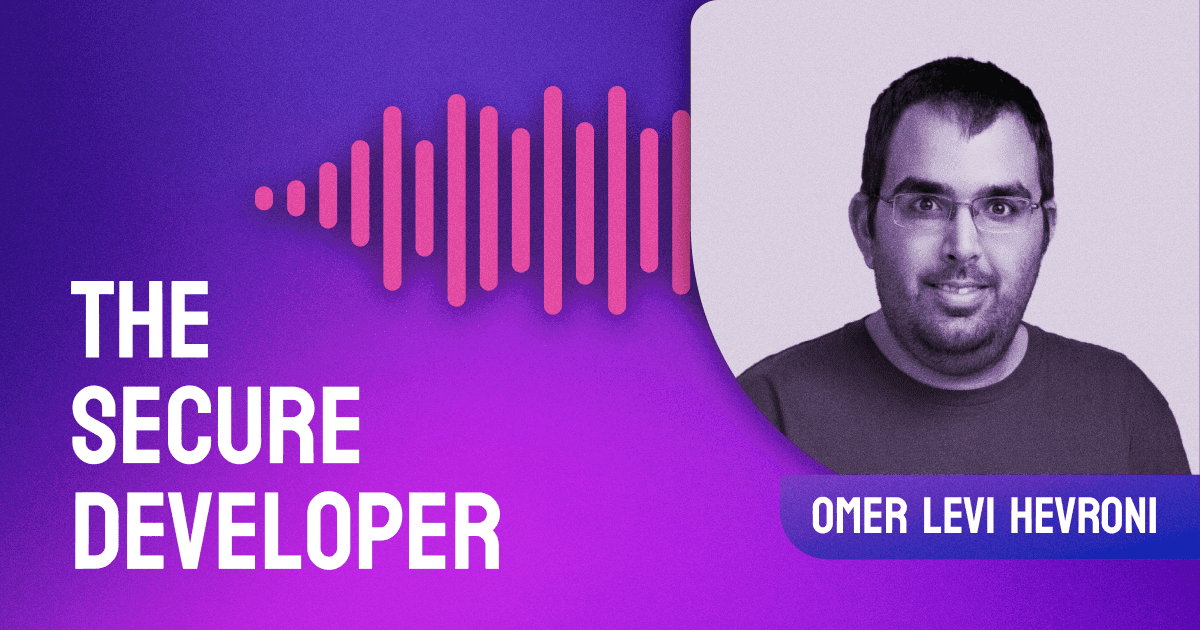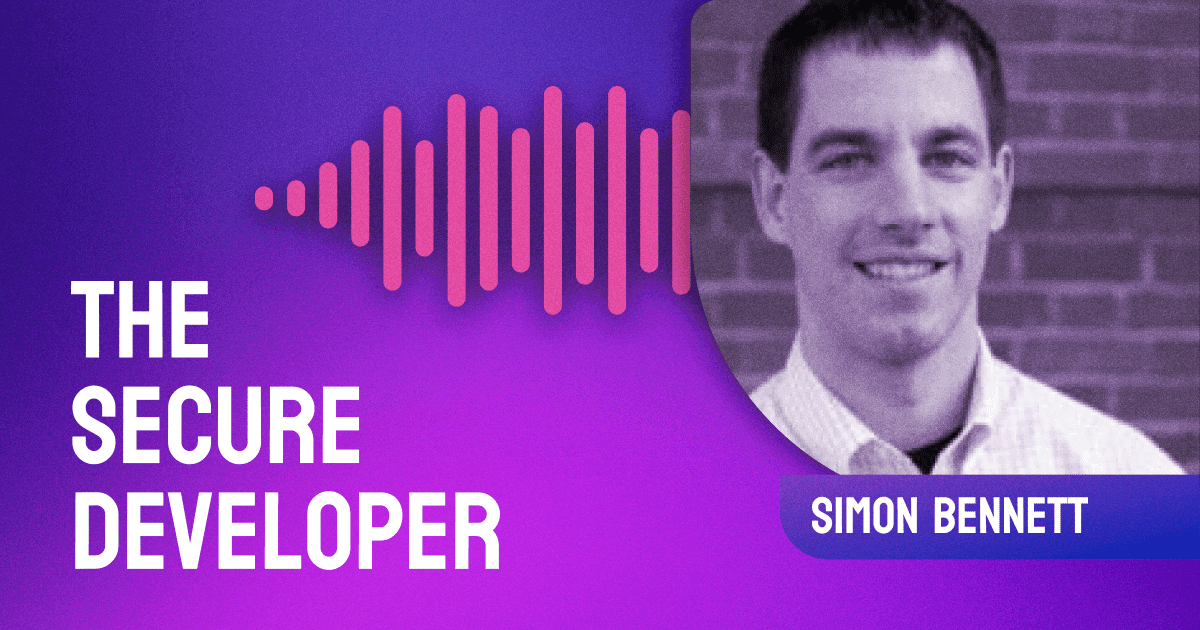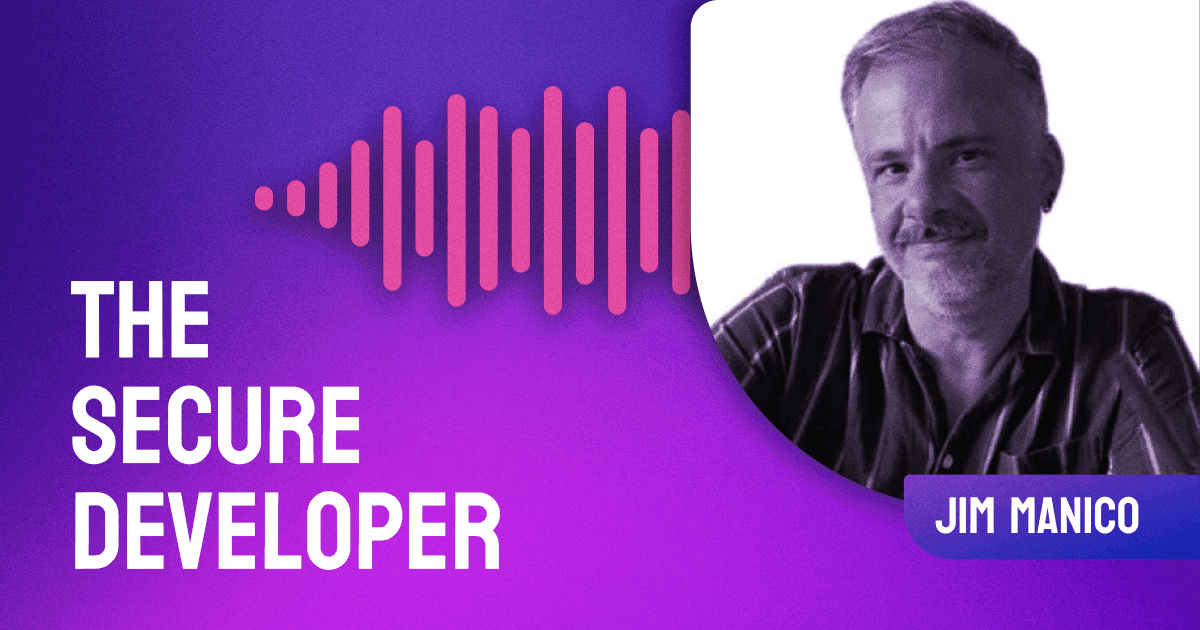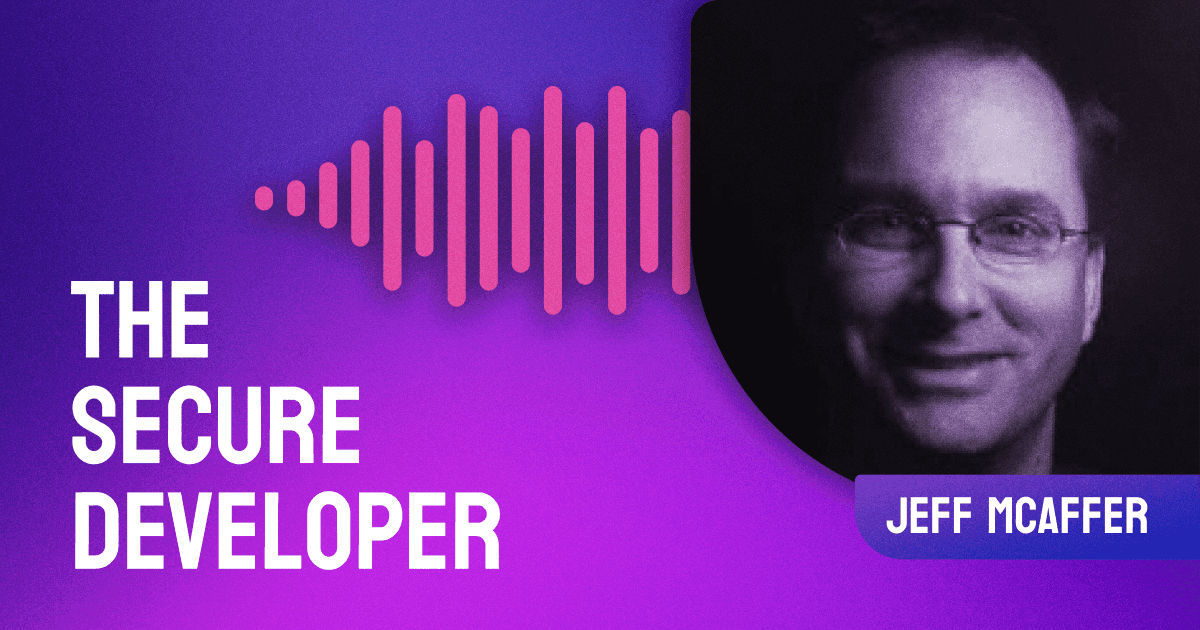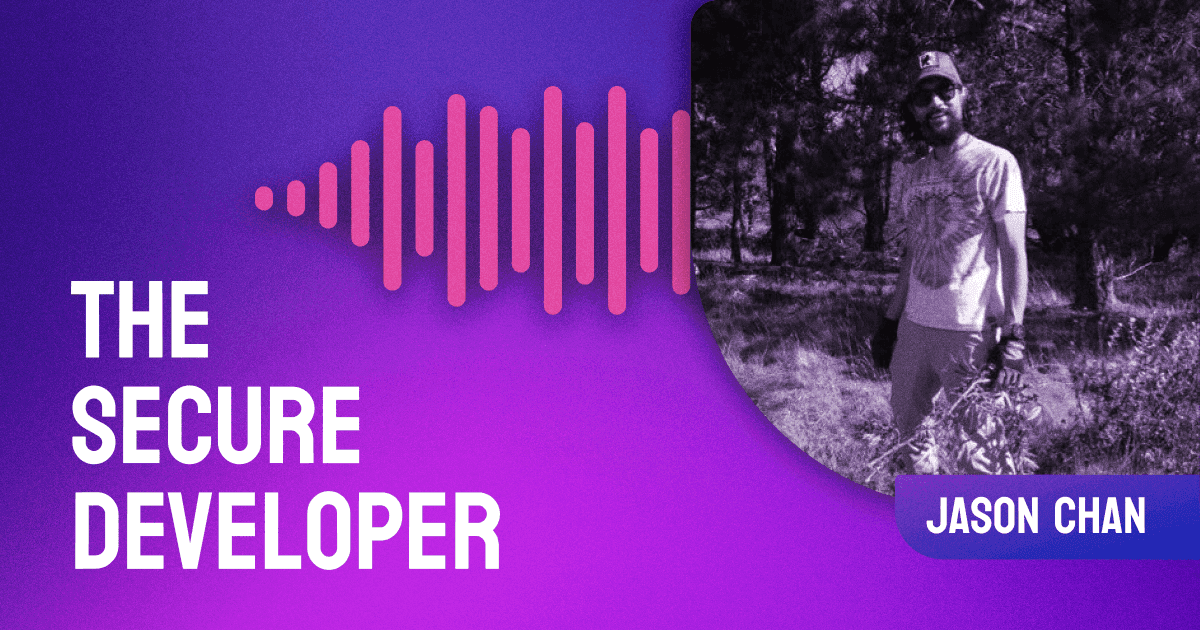In episode 23 of The Secure Developer, Guy speaks with Zach Powers, CISO of One Medical, to discuss the evolution of security at One Medical, what he looks for when hiring for his team, and why automation is a must.
The post Ep. #23, Automation with One Medical’s Zach Powers appeared first on Heavybit.

